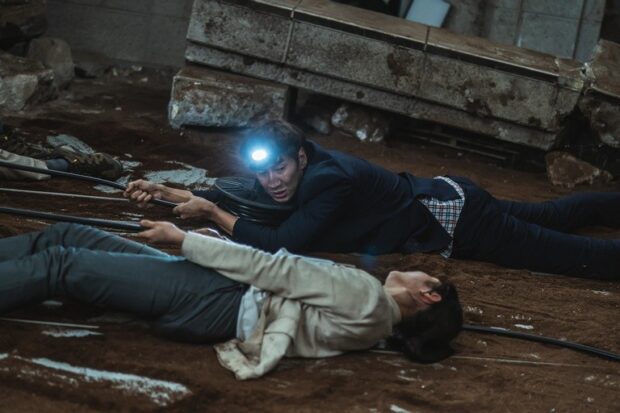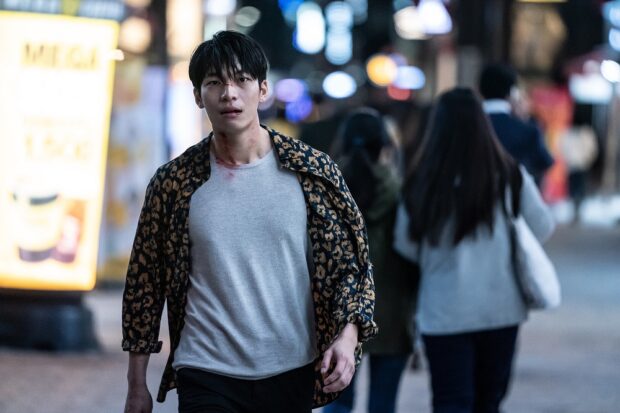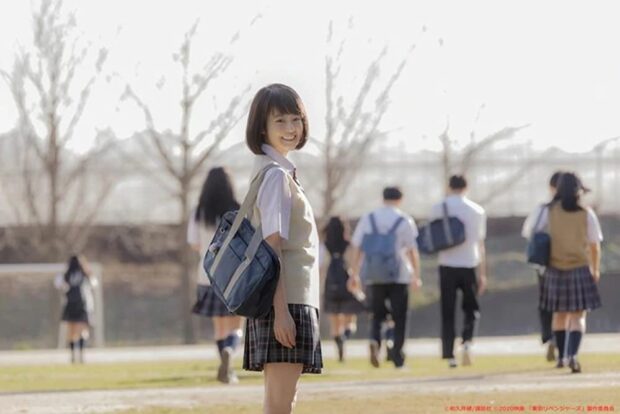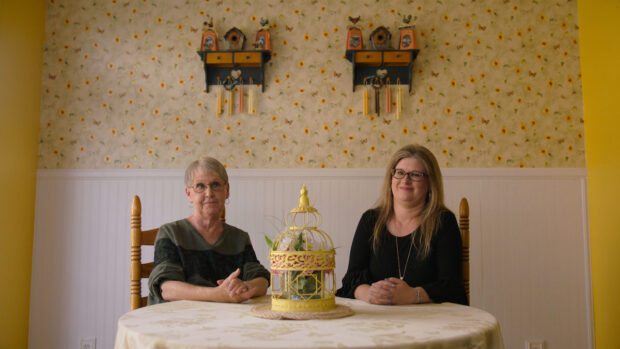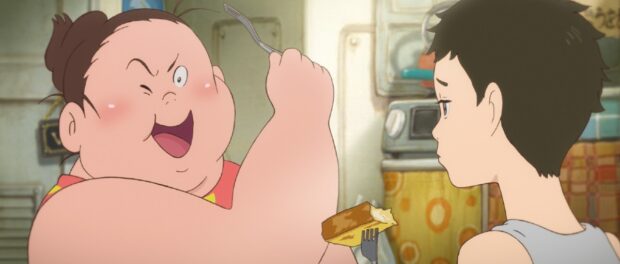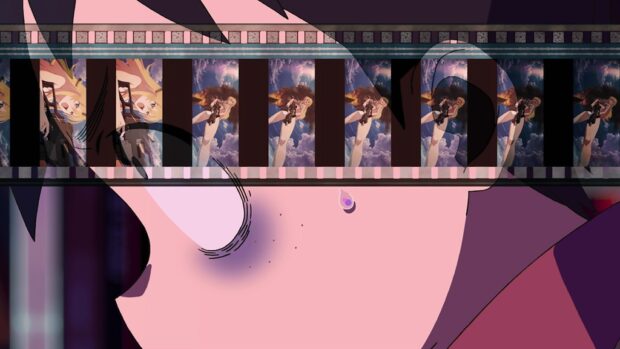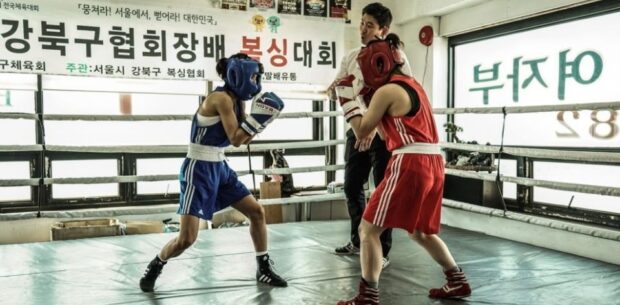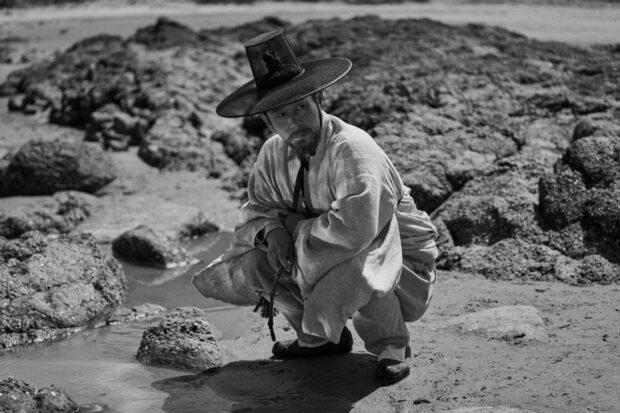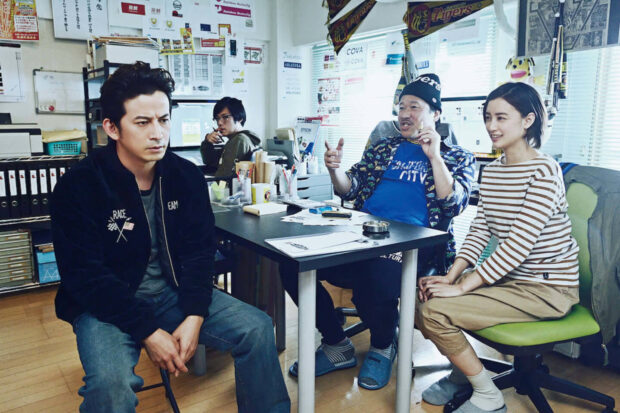Sinkholes are terrifying. They occur when the ground beneath the surface shifts and collapses, potentially sucking everything above it into the earth. Hard to predict and popping up all over the world, you could be sitting above one right now. Go on, let that sink in for a bit.
Director Kim Ji-hoon is no stranger to disaster movies, with The Tower (2012) remaining a favourite amongst many fans of South Korea action. In SINKHOLE (싱크홀), a somewhat unique comedy-disaster hybrid, we follow Park Dong-won (Kim Sung-kyun) and his family as they move into a new apartment block after over a decade of scrimping and saving.
After inviting some colleagues over for a housewarming, including co-worker Kim Seung-Hyun (Lee Kwang-Soo), torrential rains result in the titular sinkhole opening up below them and sucking the entire building beneath the surface. With the hole filling up with water, Park must work with neighbour Jeong Man-soo (Cha Seung-won) to find their loved ones — and a way out of the hole — before the elements take over.
Kim’s film has an odd tone. The first 30 minutes of the narrative is frontloaded with squabbles and comic misunderstandings between Park and Jeong, including really strange asides where characters get stuck in automatic doors. It’s all mixed in with a little bit of foreboding about coming events — including the tilting of interiors and the lack of running water — but it establishes a tone one doesn’t typically see in a genre picture.
When the main event occurs, the ₩15 billion budget (about US$13 million) is on full display. The entire building rockets straight down with the use of CG imagery, setting the scene for the survivalist plotting that follows. To the credit of screenwriters Jeon Cheol-hong and Kim Jeong-han, they manage to keep the comedy in line with the drama for the duration. That’s a rare feat indeed.
While the characters are built into a fairly standard mould, Kim Sung-kyun and Cha Seung-won are engaging leads. Cha in particular gets to combine his comedy and act chops, having balanced between the two for the last decade or so of his career.
SINKHOLE is already the fastest film to pass 1 million viewers in South Korea this year, marking it as late contender for one of the highest grossing Korean films of the year. Its unique mix of humour and action will translate easily to international audiences, so make sure you jump in and see this before the inevitable Hollywood remake.
SINKHOLE is the closing film of the New York Asian Film Festival 2021.
2021 | South Korea | DIRECTOR: Kim Ji-hoon | WRITERS: Jeon Cheol-hong, Kim Jeong-han | CAST: Cha Seung-won, Kim Sung-kyun, Lee Kwang-soo, Kim Hye-jun | DISTRIBUTOR: Showbox, NYAFF 2021 | RUNNING TIME: 114 minutes | RELEASE DATE: 22 August 2021 (NYAFF 2021)

